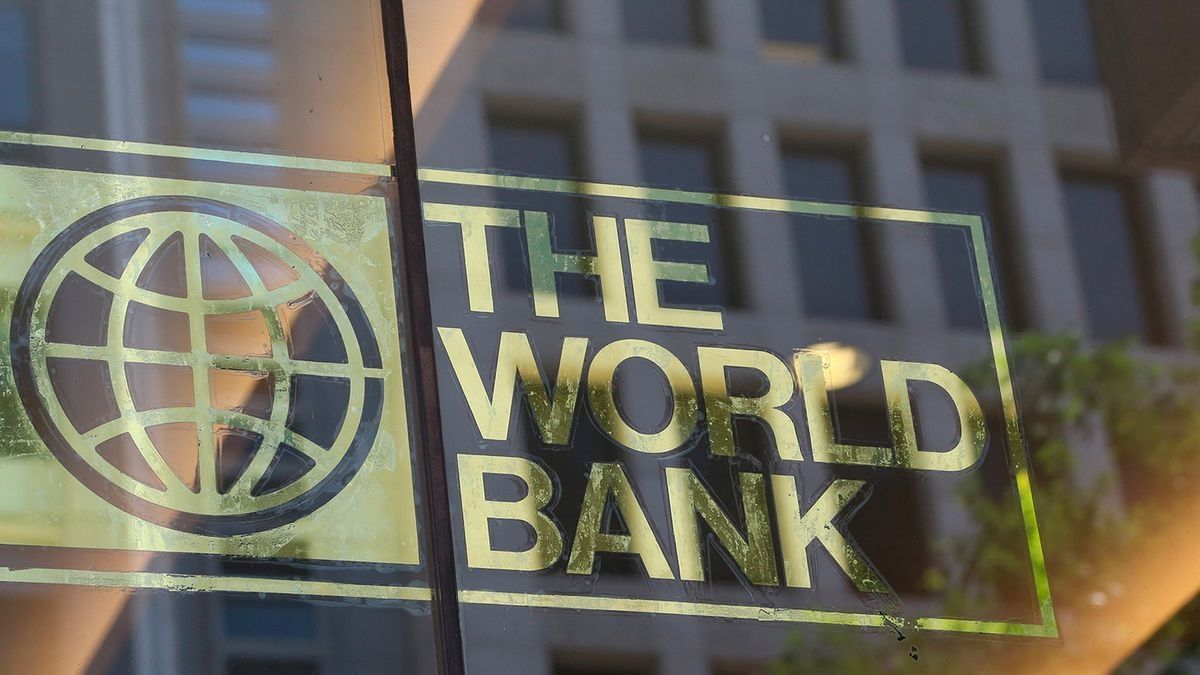The World Bank predicts a record price crisis in 2022
The World Bank (WB) predicts a historic increase in global energy prices (50%) and non-energy commodities (20%) in 2022 due to the situation around Ukraine. According to a Commodity Market Outlook report prepared by WB experts, the conflict has caused major supply disruptions.
“Most energy prices are expected to be much higher in 2022 than in 2021. At the same time, there will be no price reduction in the medium term,” the report says.
The WB experts note that although they assumed a serious rise in prices in 2022, the real figures were much higher than predicted. At the same time, the development of the situation on the commodity market largely depends on the duration of the conflict in Ukraine, they believe. Russia and Ukraine are major global exporters of fossil fuels, fertilizers, grain and metals. The commodity market has already experienced a rise in prices and demand amid a post-crisis global economic recovery. WB analysts predict that in 2022, the price of Brent crude will reach its highest level since 2013 at $100 a barrel, up 42 percent from the annual average price for 2021.
Overall, changes in nominal prices between April 2020 and March 2022 resulted in the largest increase in energy prices since oil prices rose in 1973. Non-energy commodity prices will rise by about 20%, the report said. For example, the expected increase in the price of wheat is more than 40%. The experts call the use of additional territories for food production as a possible way out of the food crisis and call upon world politicians to protect the poor strata of society from rising prices in the first place.
As for the reaction to the crisis in the energy sector, WB analysts note that the governments of many countries have resorted to a policy of reducing taxes and subsidies. According to the WB, although these measures will help to mitigate the situation in the short term, in the future they will only worsen the problem, as they will cause an increase in demand for fuel and aggravate the deficit.
An extension of sanctions against Russia could lead to serious disruptions in the fuel market. There is no equal substitute for Russian gas and oil, because alternative fuel supply options involve higher transportation costs and are limited by the lack of the necessary infrastructure for it.
OPEC’s reserve capacity may in fact be less than its estimate. The shale industry in the U.S. cannot ramp up production because it is already facing problems in the form of labor and other resource shortages.
